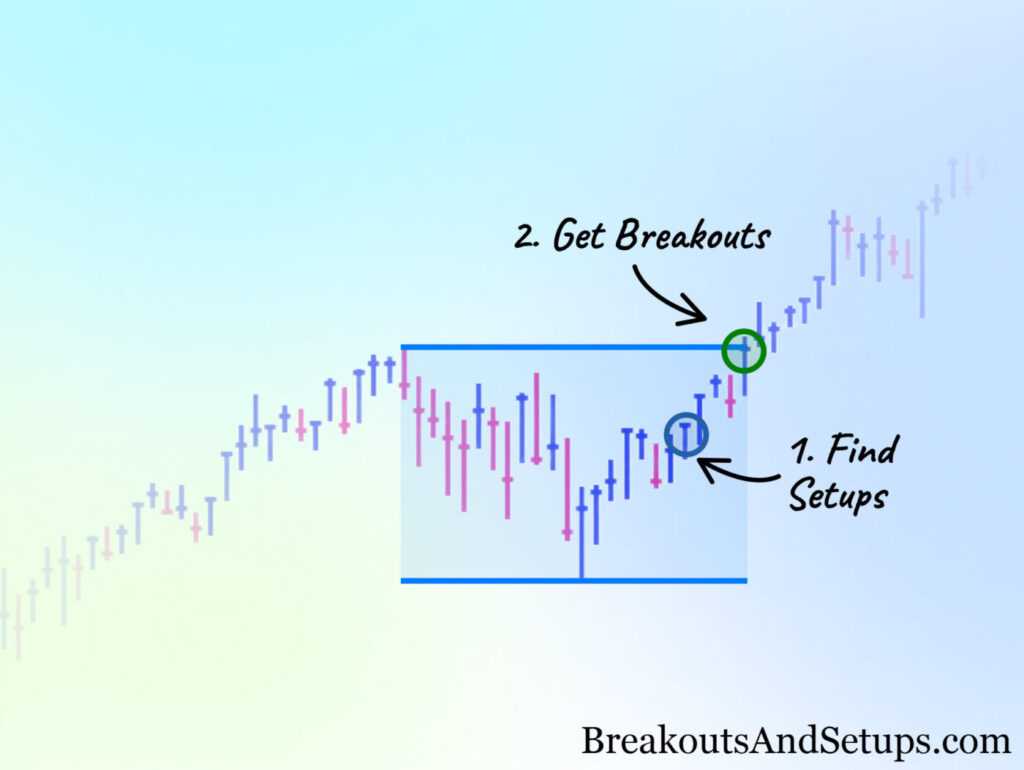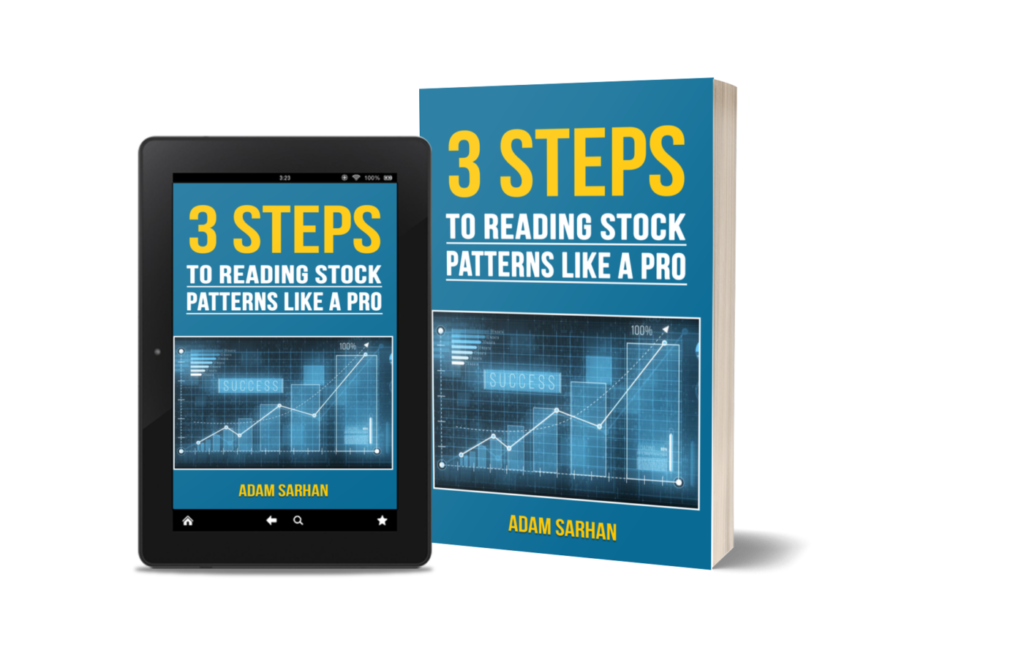 I often say that normal people fail in the stock market. Normal people do predictable things that are destructive to their market performance; here is a list that most investors will find familiar. We have all made mistakes like these but mastery over the market requires you stop making these mistakes.
I often say that normal people fail in the stock market. Normal people do predictable things that are destructive to their market performance; here is a list that most investors will find familiar. We have all made mistakes like these but mastery over the market requires you stop making these mistakes.
#1 Hang On to Losers
I have not met a single investor who has been right on 100% of their trades (assuming they have been trading for some length of time). We all recognize that trading the stock market is uncertain and that we can’t make money on every trade but most of fail to plan to lose. When you buy a stock, you need to know the point that you are willing to throw in the towel on a loser. When the market proves your trade wrong, get out and move on.
#2 Take Too Much Risk
Most investors buy the amount of stock that they can afford instead of buying the amount of stock that reflects what they can afford to lose. The result is that the potential loss can be larger than the investor can handle both financially and emotionally. This leads to holding on to losers and making bad decisions because of stress. If you can’t sleep well at night, you have too much risk.
#3 Buy on Tips
Investors are constantly sharing ideas but it is rare for someone to share a stock tip and not have a financial motivation. People talk about the stocks that they own and we have to recognize their bias. If they own it, they like it and will only share the positives with you. Do you own due diligence on every stock you buy and make sure you look at both sides of the story.
#4 Buy Too Late
We tend to believe in a stock when it goes up. This confirmation from the market can give the hesitant trader cause to take a position but often this comes after the stock has already risen a lot. The problem is, the higher a stock goes, the closer it gets to its top and the farther it gets from its bottom. That means the expected reward diminishes while the risk increases. If you chase stocks higher you can get caught holding the bag.
#5 Fall in Love
The more you know about a company, the more likely you are to stick with a losing stock. I avoid knowing too much because it causes me to fall in love and ignore the message from the market. You can know just about everything there is to know about a company but if you miss knowing that one, critical and negative element that the market ultimately focuses on, you can lose a lot of money.
#6 Seek Confirmation
You buy a stock and it starts to go down, putting you in a losing position. What do most people do? Seek confirmation by looking for bits of information to justify their trade and help them escape the pain of holding a loser. We are heavily biased when we seek information about the stocks we own because we want to feel good. Ultimately, our quest to escape pain leads us to more pain because we hang on to a losing trade when the market is telling us to get out.
#7 Invest with a Rear View Mirror
We are often guided by our associations; instead of looking forward we make references to the past. For example, an investor my remember the explosive trends that Silver stocks made a few years ago and constantly be looking for opportunities in that sector, hoping to relive what once was. The problem is that the market does not look backward, it is looking down the road and what will be the next hot trend.
#8 Be Traditional
Most people are making investment decisions using traditional methods and means for analysis. I don’t know too many people that are still popping a cassette in to their Walkman but that way of listening to music could be considered modern compared to how some people analyze stocks. Successful traders are using modern methods and powerful software to find and execute trading opportunities.
#9 Trade with Fear
Fear is a self-fulfilling prophecy. The golfer who is afraid of hitting his or her ball in to the water hazard often does. The race car driver who fears hitting the wall has a greater chance of crashing and getting hurt. This is the power of focus and traders who succeed put their focus on success rather than a fear of losing.
#10 Expect that Success Will Come to Them
As Yoda once said, “Do or do not, there is no try.” By now my kids are sick of hearing me tell them this but the message is simple. You don’t get successful at anything by trying, you must make success happen. Success does not care how nice a person you are, it is attracted to hard work and determination.
Here are some more posts you might enjoy:
- Gambling vs Trading …The difference is in the long game
- Great Lessons from Wall Street Legends
- 8 Trading Mistakes you MUST AVOID




